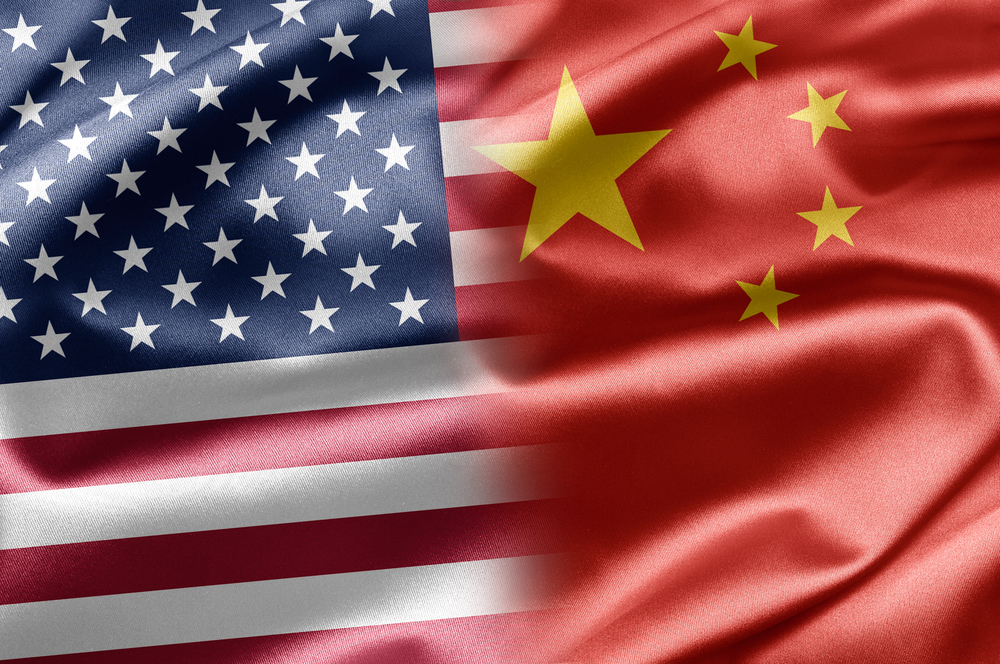Washington, D.C. — Senators Tom Cotton (R-Arkansas) and Tommy Tuberville (R-Alabama) introduced the Securing America’s Land from Foreign Interference Act earlier this month to prohibit members of the Chinese Communist Party from purchasing any land in the United States. Text of the bill may be found here.


“Chinese investments in American farmland put our food security at risk and provide opportunities for Chinese espionage against our military bases and critical infrastructure. Instead of allowing these purchases, the U.S. government must bar the Communist Party from purchasing our land,” said Cotton.
“We cannot continue giving our top adversary a foot in the door to purchase land in the United States and undermine our national security,” said Tuberville. “I hope my colleagues will recognize the importance of our bill and join the effort to prohibit Chinese Communist Party involvement in America’s agriculture industry.”
Background:
• China’s agricultural investments in countries around the globe grew more than tenfold from 2009 to 2016. China’s Ministry of Agriculture claims the country had more than 1,300 agricultural, forestry, and fisheries enterprises with registered overseas investments of $26 billion, at the end of 2016.
• Chinese investments in U.S. agriculture may provide the CCP with undue leverage over U.S. supply chains and access to sensitive information critical to U.S. national security.
• While Chinese entities held slightly less than 1% of all foreign-held acres in the U.S. in 2020, the volume of their holdings increased dramatically over the last decade. According to U.S. Department of Agriculture (USDA) reports, Chinese investors’ holdings of U.S. agricultural land surged from 13,720 acres in 2010 to 352,140 acres in 2020.
• The USDA’s most recent report on foreign landholding through December 31, 2020, shows foreign investors now hold an interest in nearly 37.6 million acres of agricultural land in the U.S. — an area larger than the state of Iowa.
• Approximately 14 states have some level of foreign ownership restriction yet there are no federal restrictions on the amount of private U.S. agricultural land that can be foreign owned.
• Land grabbing by foreign actors will become a greater threat in the coming years. With an aging population of American farmers (one-third over the age of 65), millions of acres in U.S. farmland are expected to change hands in the next decade.










